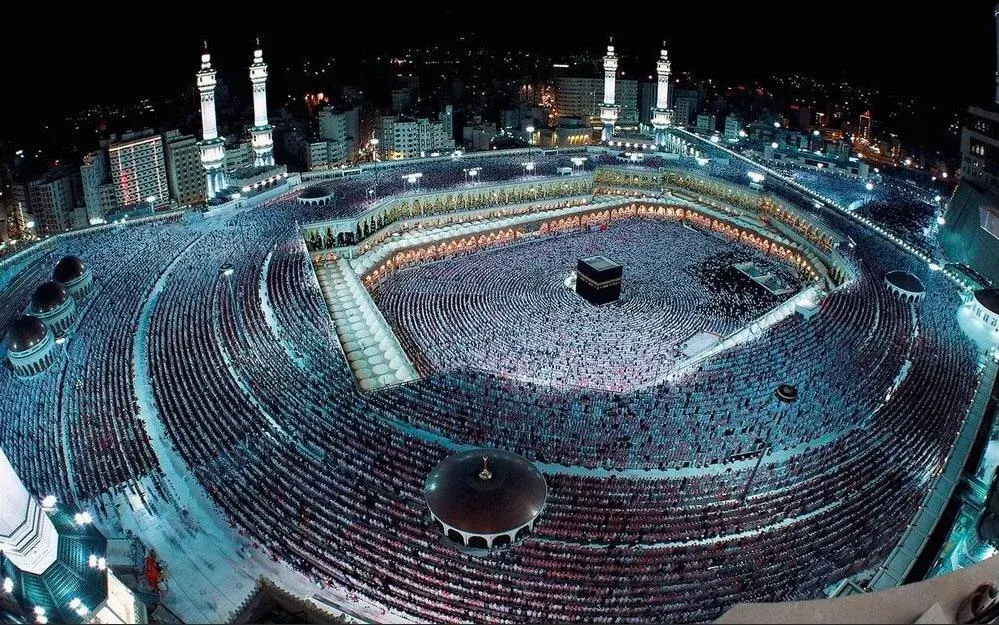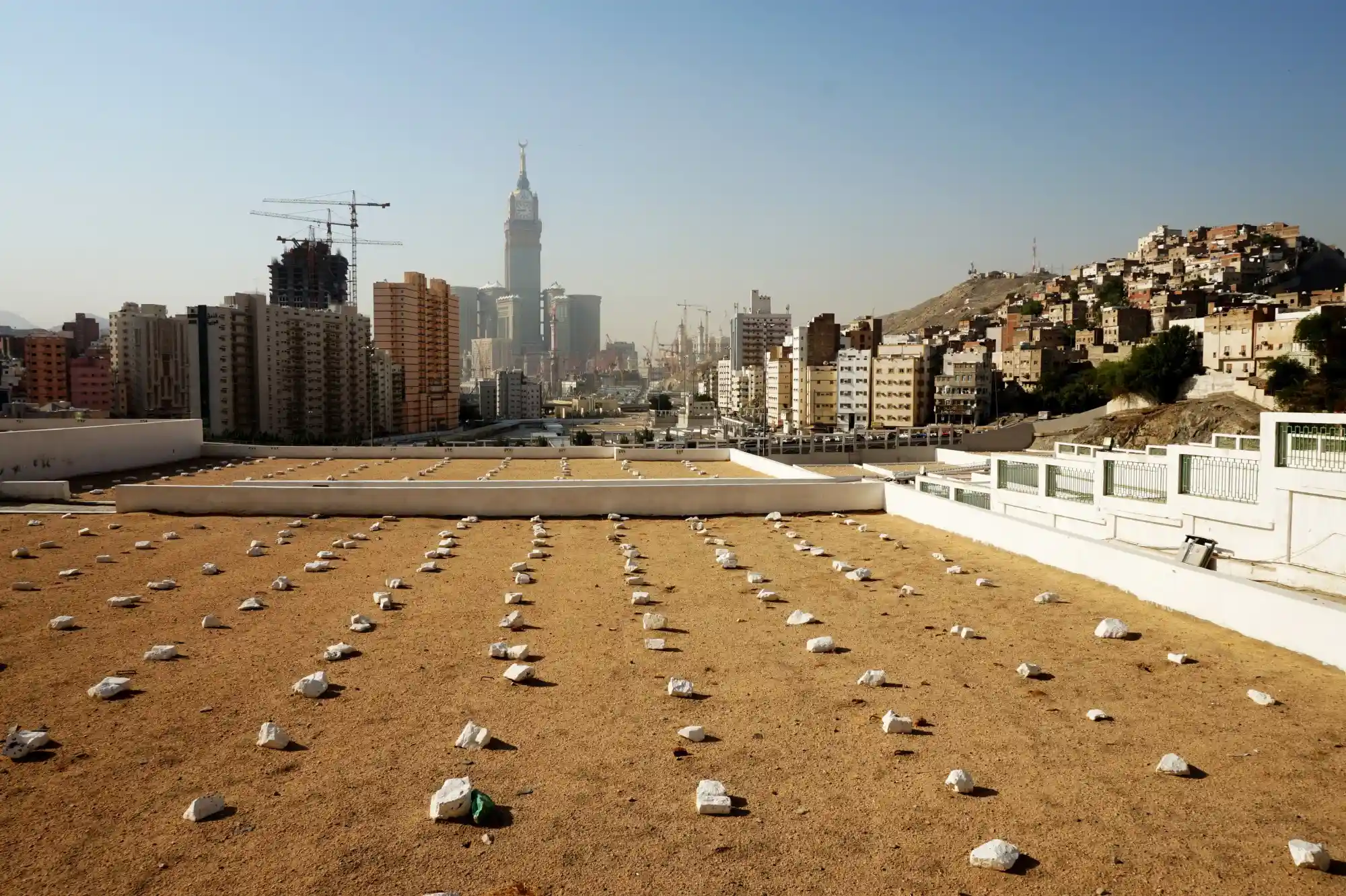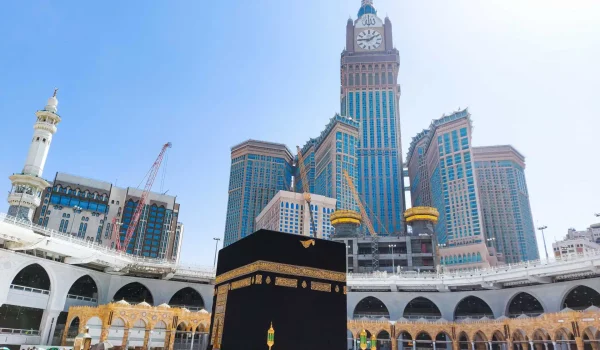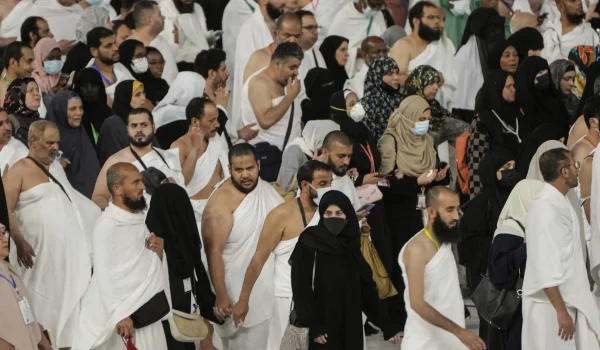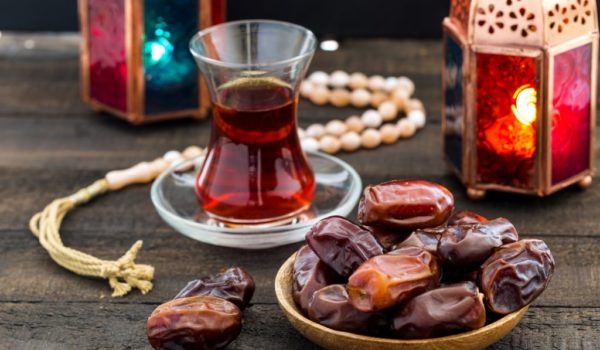Islam's holiest city is Makkah, which is located in a desert valley in western Saudi Arabia and is where the Prophet Muhammad and the religion itself were born. The Kaaba, the cube-shaped edifice covered in fabric and serving as Islam's holiest site, is surrounded by the central Masjid al-Haram (Sacred Mosque), which dates to the 7th century.
Millions of Muslims visit the city every year for the Hajj, and it is only open to Muslims (pilgrimage). It serves as a reminder of the Hajj trip, which is an annual event that gathers millions of people and is a religious obligation that every capable Muslim must do at least once in their lives.
The surrounding mountains are home to the Cave of Thawr, where the Prophet sought safety from the Quraysh clan, and the venerated Jabal Rahmah, where he spoke his last sermon.

